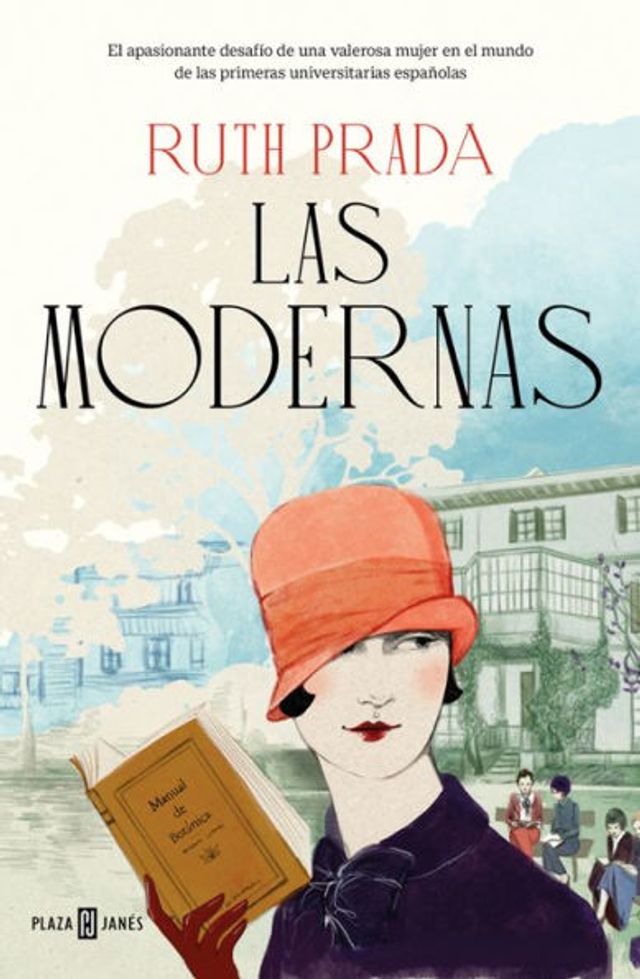Home
Retrato de una mujer moderna / The Portrait of a Modern Woman
Loading Inventory...
Barnes and Noble
Retrato de una mujer moderna / The Portrait of a Modern Woman
Current price: $19.95


Barnes and Noble
Retrato de una mujer moderna / The Portrait of a Modern Woman
Current price: $19.95
Loading Inventory...
Size: Paperback
*Product Information may vary - to confirm product availability, pricing, and additional information please contact Barnes and Noble
Una joven camina rápido sobre la nieve de las calles de Nueva York un día de invierno de los años veinte. Lleva una receta en el bolso que le permitirá adquirir en la farmacia una botella de vino para celebrar la Nochebuena con unos amigos. Estamos en plena ley seca. La joven es Concha Piquer, tiene apenas dieciocho años y lleva ya cuatro triunfando en los escenarios de Broadway, se ha visto envuelta en un homicidio y ha tenido contactos con la mafia. Llegó casi sin experiencia, sin conocer más mundo que la huerta y algún teatro de su ciudad, sin hablar otra lengua que no fuera el valenciano.
Antes de volver a España y convertirse en símbolo de toda una época, deslumbra también en México y Cuba. La niña campesina regresa envuelta en glamour y dinero, con varios amantes a sus espaldas y un hijo secreto. A partir de entonces, su vida se cruza con la de escritores como Blasco Ibáñez o García Lorca, toreros como Antonio Márquez, políticos, boxeadores, actores y actrices...
Lejos del estereotipo de la cupletista, Concha Piquer fue mucho más que eso o, para ser exactos, fue de todo menos eso. La historia de esta «mujer moderna» es también un retablo de una época de la historia de España, la de la posguerra y el franquismo. Y Manuel Vicent la recrea con una magistral mezcla de realidad y ficción, y un ingenio, una finura y una ironía sin igual en la literatura española.
One winter’s day in the nineteen twenties, a young woman walks hastily down the snow-covered streets of New York. She has a prescription inside her purse that will permit her to buy a bottle of wine at the drugstore to celebrate Christmas Eve with some friends. Prohibition is in full swing. The young woman is Concha Piquer. She is barely eighteen and has already been a hit on the Broadway stage for four years, has gotten involved in a murder case, and has come in contact with the mafia. She arrived with almost no experience, ignorant of the world beyond the farm and the occasional theater in her hometown, speaking nothing but Valencian.
Before returning to Spain and becoming the symbol of an entire age, she also dazzled Mexico and Cuba. The country girl returns engulfed in glamour and money, with several lovers behind her and a secret son. From then on, her life crosses paths with that of writers Blasco Ibáñez and García Lorca, matadors such as Antonio Márquez, politicians, boxers, actors...
Far from the couplet singer’s stereotype, Concha Piquer was much more than that. Or to be exact, she was everything but. The story of this “modern woman” also depicts an era in Spanish history: Postwar and Francoism. And Manuel Vicent recreates it with a masterful blend of reality and fiction, as well as a kind of ingenuity, fineness, and irony unparalleled in Spanish literature.


















